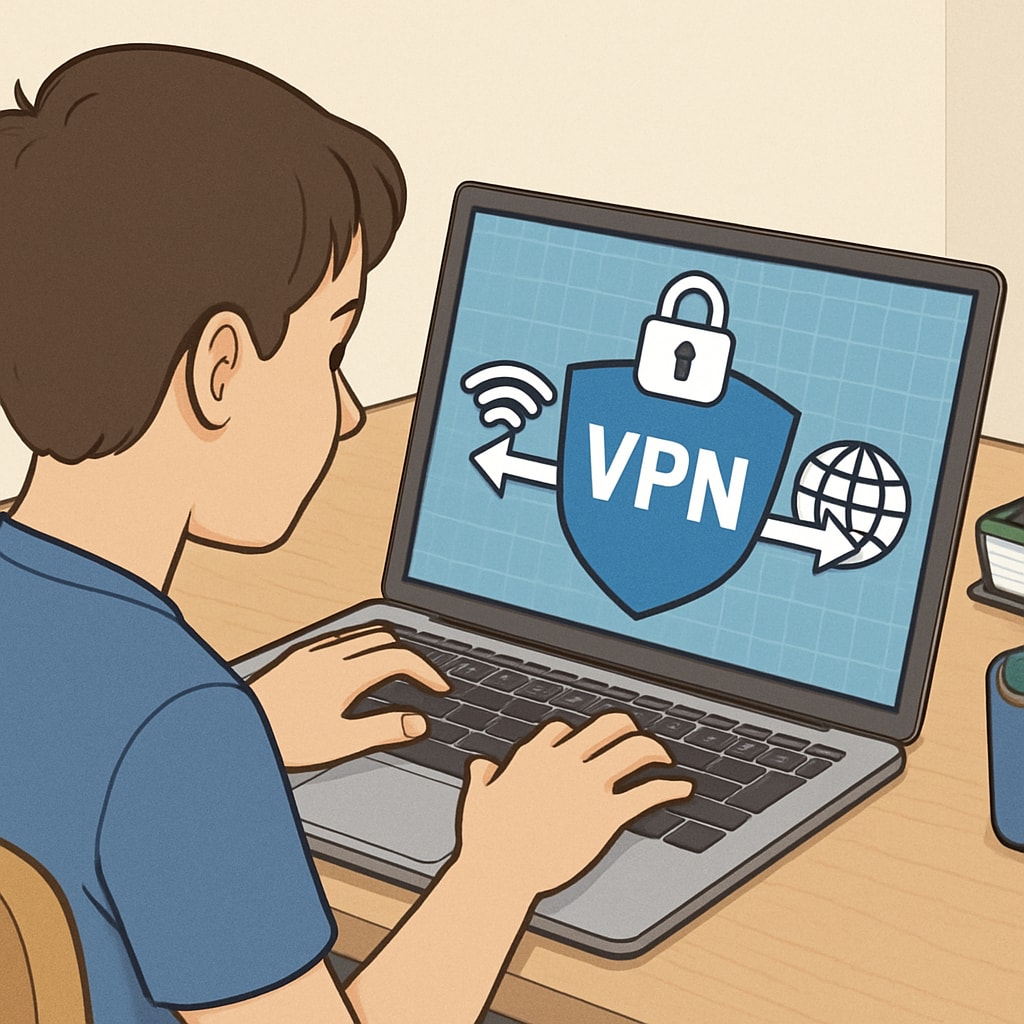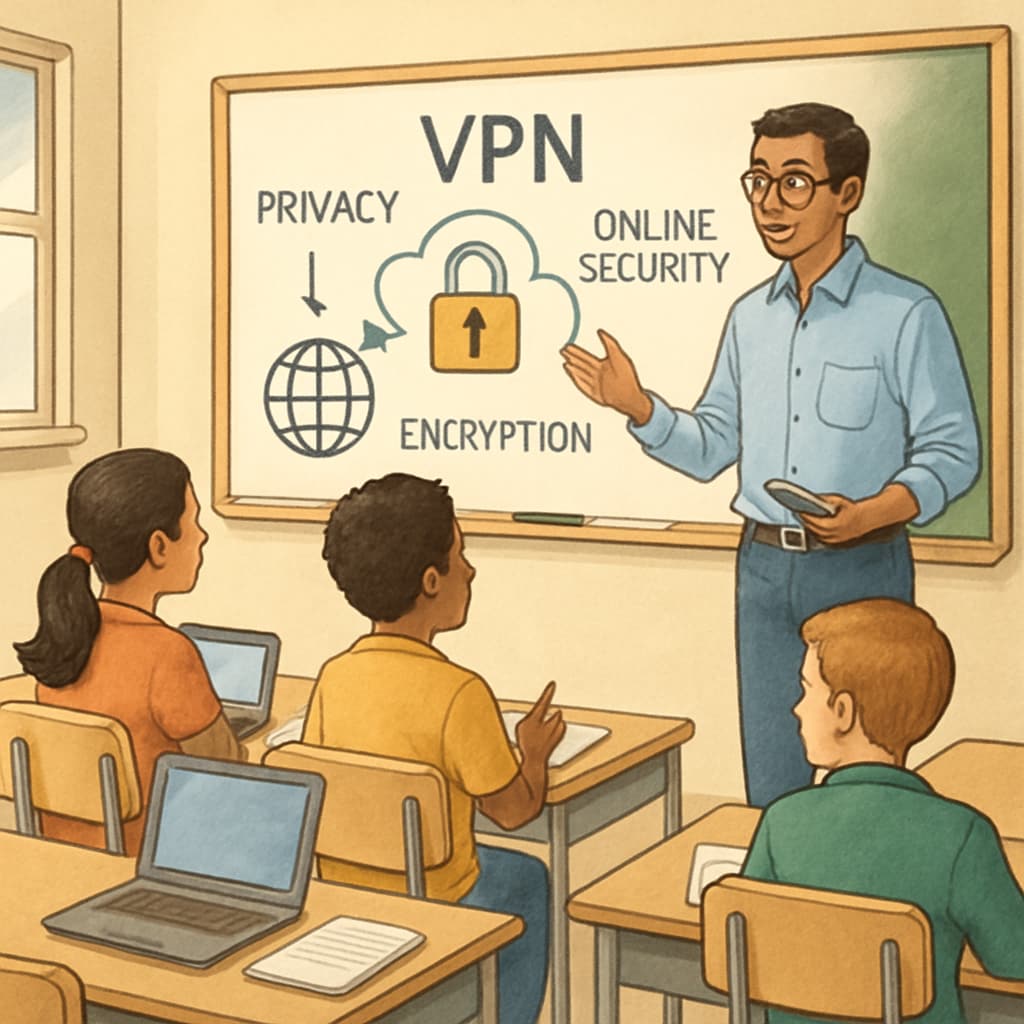The introduction of stringent age verification measures under UK law has sparked significant debate, especially regarding their unintended consequences. While the regulations aim to shield young people from harmful online content, many have circumvented these restrictions using VPNs (Virtual Private Networks). This surge in VPN usage highlights the limitations of purely technical barriers and underscores the need for more comprehensive digital literacy education for young people. In this article, we explore how this phenomenon can serve as a catalyst for reshaping youth education to foster critical thinking and self-management in the digital age.

The Rise of VPNs: A Side Effect of Age Verification Law
The UK’s age verification law was designed to prevent minors from accessing adult content by requiring websites to implement strict identity checks. However, rather than ensuring compliance, the law inadvertently led to an uptick in VPN usage among tech-savvy youth. VPNs allow users to mask their IP address and bypass geographical restrictions, effectively rendering these age checks useless.
For example, reports from Wikipedia indicate that VPN downloads surged in the UK shortly after the law took effect. While VPNs can be valuable tools for privacy and security, their misuse by minors raises concerns about how well young people understand the ethical and legal implications of such tools. This situation underscores the need for education that goes beyond enforcing compliance and instead focuses on teaching responsible online behavior.

Why Technical Solutions Alone Are Insufficient
While technical restrictions like age verification systems aim to create barriers, they often fail to address the root of the issue: the lack of digital literacy among young users. Adolescents are naturally curious and often adept at finding ways to bypass restrictions. As a result, technical solutions alone cannot substitute for education that teaches critical thinking, ethical decision-making, and online self-management.
In addition, age verification laws can inadvertently push youth toward riskier online behavior. By seeking out VPNs or alternative methods to bypass restrictions, young users are exposed to potentially malicious software or scams. Therefore, educators and policymakers must consider how to shift the focus from regulation to empowerment through education.
Creating a Collaborative Approach to Digital Citizenship
To address these challenges, schools and families must work together to foster digital citizenship. Digital citizenship refers to the responsible use of technology, including understanding online privacy, security, and ethical behavior. By integrating these lessons into school curricula and family discussions, young people can develop the skills needed to navigate the internet safely and responsibly.
For example:
- Schools: Implement workshops on VPNs, online privacy, and ethical internet usage.
- Families: Encourage open conversations about online safety and the consequences of bypassing restrictions.
- Community: Partner with organizations that provide resources on digital literacy, such as Britannica’s guide to digital literacy.
By adopting a collaborative approach, educators and families can empower young people to make informed choices, reducing reliance on circumvention tools like VPNs.
Turning This Challenge Into an Educational Opportunity
The surge in VPN usage presents an opportunity to rethink how we prepare youth for the digital world. Rather than framing age verification laws and VPNs as adversarial, educators can use this situation to spark meaningful discussions about online ethics, privacy, and self-regulation. For instance, lessons could include:
- The pros and cons of VPNs and their legitimate uses.
- The potential risks of bypassing online restrictions.
- Strategies for evaluating the credibility and safety of digital tools.
By focusing on critical thinking and ethical decision-making, these discussions can help young people become more responsible digital citizens.
In conclusion, while the UK’s age verification law has had unintended consequences, such as increased VPN usage, it also highlights the urgent need for better digital literacy education. By shifting the focus from technical restrictions to empowering young people with the knowledge and skills they need, we can build a future where youth are equipped to navigate the complexities of the digital world responsibly and ethically.


